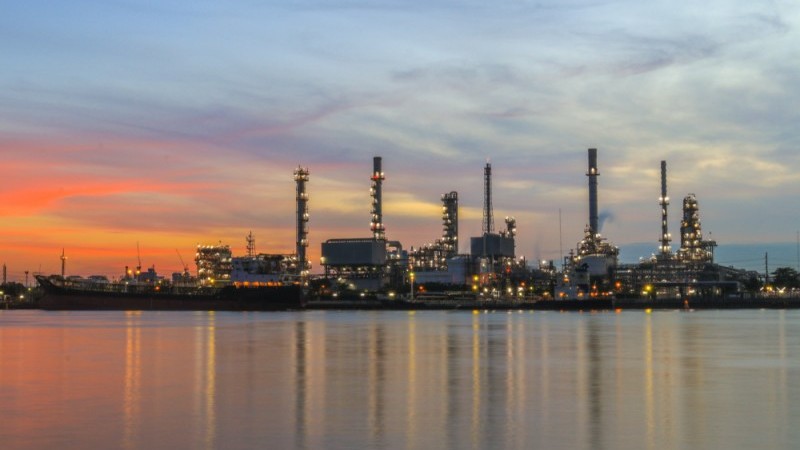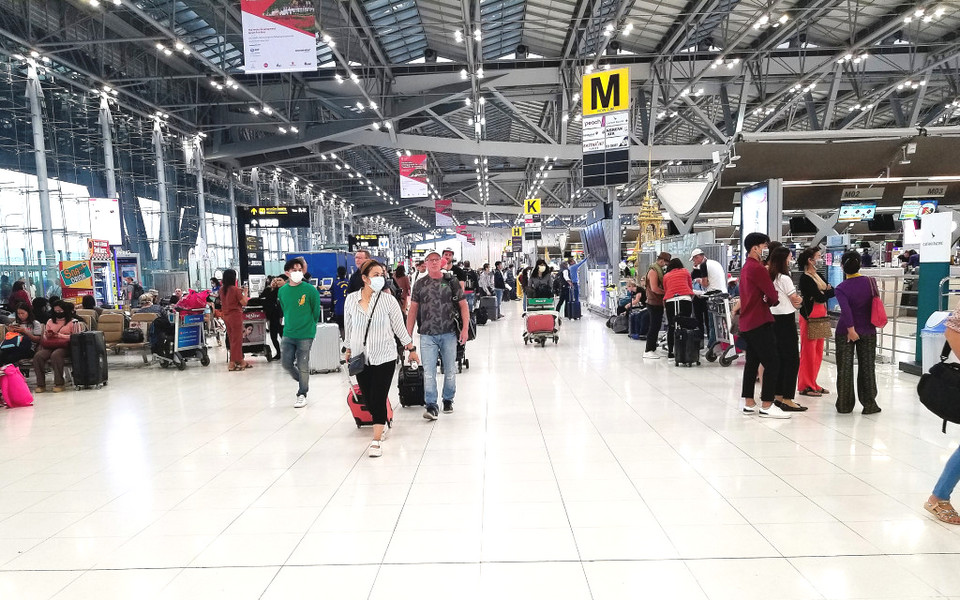
Prior to the pandemic, the Thai baht was the strongest currency performer in Asia. It is now the worst, after a third wave of virus infections has quashed all hopes of a quick revival because of the loss of international tourist dollars. The Japanese Mizuho bank noted that the underperformance of the baht was "uncharacteristic": the Thai currency has plunged 10 percent against the US dollar in the last twelve months. Even more against the UK pound.
The huge current account surplus of US$40bn reported before the pandemic has now turned into a US$2.2bn deficit which Asia research for ANZ bank in Singapore described as "unprecedented." Fueled by the more dangerous Delta variant, known cases of infection are already 20,000 plus daily with no sign the spike is ending. There are semi-lockdown restrictions on work, travel and entertainment in Bangkok and a swath of other dark-red provinces including Chonburi – which includes Pattaya.

Of course, Thailand hasn't given up. After a poor start, the government is at last managing to buy large stocks of vaccines even though the registration bureaucracies are often a minefield of confusion. The aim is to vaccinate fully 70 percent of the population by the end of the year, a goal which looks unlikely but not impossible. The pilot Sandbox scheme, designed to admit vaccinated foreign tourists without quarantine, is still alive but is unlikely to spread nationally in October as originally planned. Next year is a more likely scenario.
Meanwhile, the Thai banking system is also planning for the future. For example, Krungsri (Bank of Ayudhya plc) posted a half-year 2021 profit of 21 billion baht and is investing heavily in next-generation banking experience and high business growth enterprises. Bangkok Bank posted a net profit of just over 13 billion baht in the first half of this year and points out that the country's continuing exports to key trading partners (especially electronics, agricultural products and machinery) are the key to eventual economic recovery. The Kasikorn research center says that all major banks are involved in debt restructuring for retail customers currently unable to repay their loans.
The economic revival of Thailand in 2022 depends essentially on three factors. Firstly, solid progress must continue to be made on the vaccination front. Secondly, the global trajectory of Covid-19 must improve to the extent that tourism can revive. Thirdly, the Thai government must fully disburse the 500 billion baht fiscal response package that has already been agreed. In spite of what pessimists say, there is light at the end of the tunnel. But 2021, to be realistic, is a write-off.




Inga kommentarer:
Skicka en kommentar